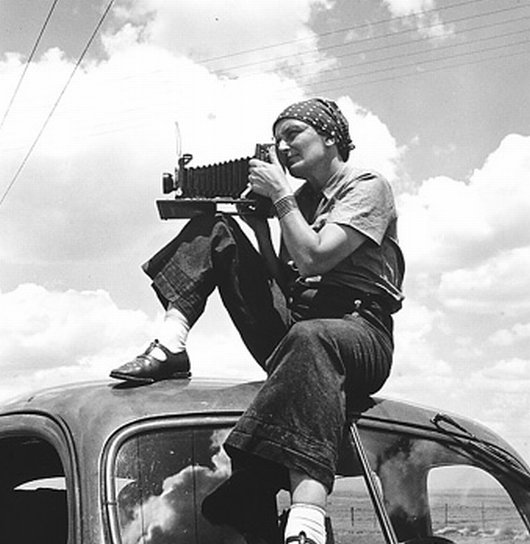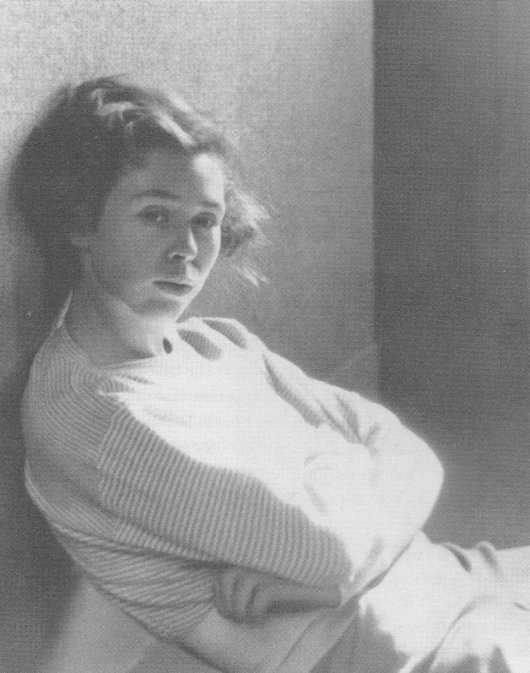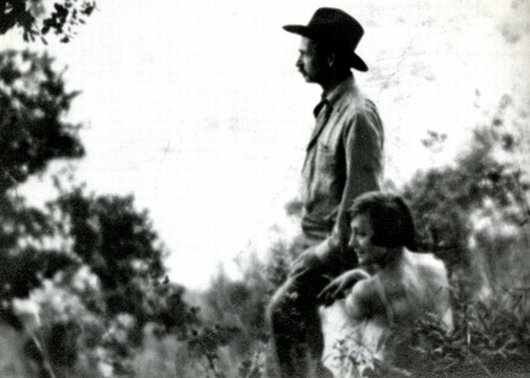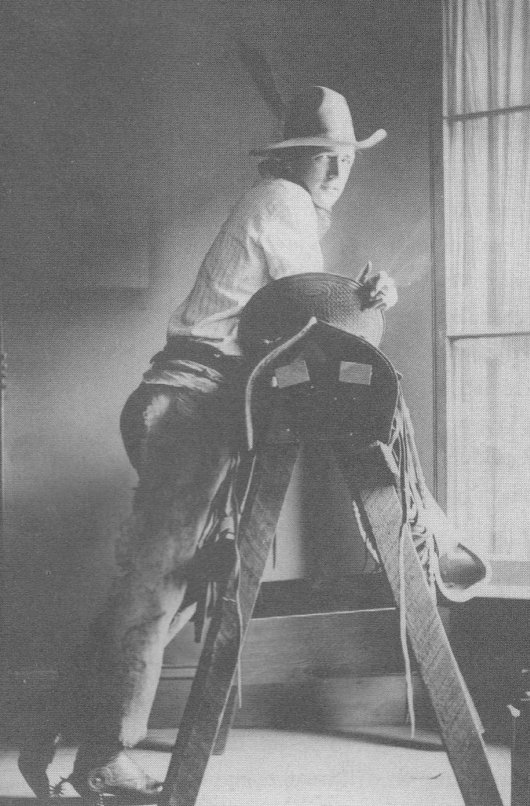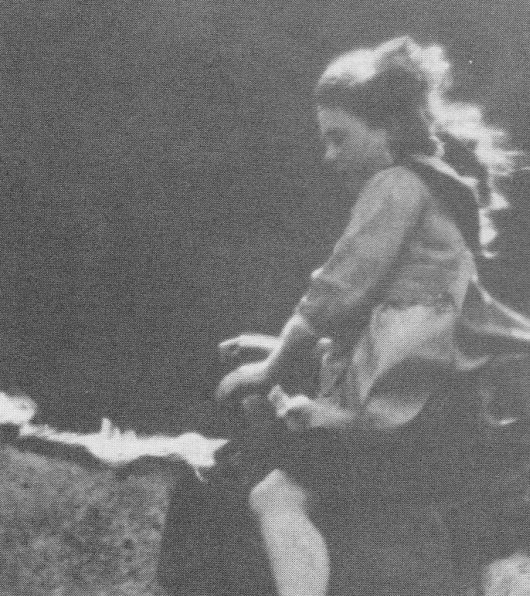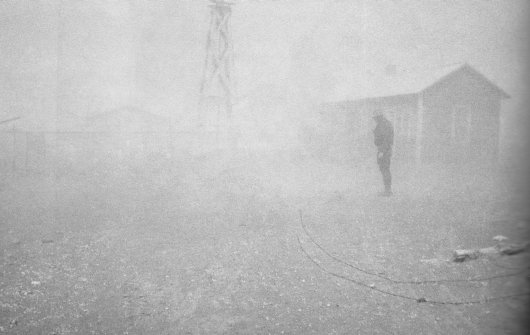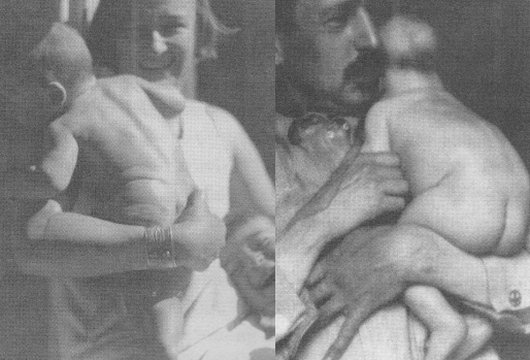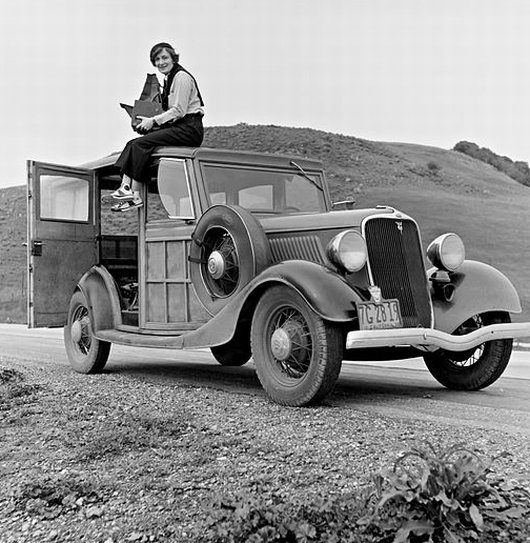 FILM
FILM In Which We Commence A Lifetime Of Threats And Insults
 Thursday, June 20, 2013 at 11:38AM
Thursday, June 20, 2013 at 11:38AM 
Water, The Dam
by ELLEN COPPERFIELD
When it came time to collaborate on their first film, Luis Buñuel and Dali had a script within a week. "Our only rule was simple," wrote Buñuel. "No idea or image that might lend itself to a rational explanation of any kind would be accepted."

So began "a lifetime of threats and insults." In the near term, however, Buñuel felt he could not ask his mother for any more money, so put his aspirations in the cinema on hold. To get the funding for his next project, Buñuel took a meeting with a potential backer, Charles de Noailles. At the de Noailles mansion, Buñuel heard Charles say, "Our proposal is that you make a twenty-minute film. You'll have complete freedom to do whatever you want. There is only one condition. We have an agreement with Stravinsky to write the music for it."
"Sorry," Buñuel replied, "but can you imagine me collaborating with someone who's always falling to his knees and beating his breast?"
 swimming at the Chaplin home
swimming at the Chaplin home
Shortly thereafter Buñuel was hired by MGM. He loved America; the first thing he did in Los Angeles was buy a car, a gun and a camera. Every weekend he went to Charlie Chaplin's house to swim or play tennis. He did have a fantasy of going to the Polynesian islands, but thoughts of further travel in the world were far off. It made no difference where he was.
"One of the more unpleasant situations in life," writes Buñuel, several times but in this specific instance, saying, "is to be pursued by someone you don't like. It's happened to me more than once, and it's very uncomfortable; I've always preferred loving to being loved." Buñuel was expert at detecting when someone was falling for him, and according to his memoir My Last Sigh, written in his old age, this happened quite often.

Then there was also the sense that the love Buñuel was able to detect in his admirers wasn't quite as passionate as some others. He became captivated by all kinds of love, fixating on couples who committed suicide even when there was no familial obstacle to their union. It is like looking at a car accident and being envious you could not fly that fast.
Buñuel was a devout atheist. He felt that a hypothetical God wasn't very interested in a single human being: "Since I reject the idea of a divine watchmaker, then I must consent to live in a kind of shadowy confusion that leaves my moral freedom intact." For this reason and others, Picasso never appealed to Buñuel, who spoke of wanting to blow Guernica up.

When he was young he had been interested in intimacy with both boys and girls, but a chaste kind of knowing that pushed sex to the background as an impossibility. Once consummated, the object of Buñuel's affection no longer held the same sway. He learned this early.
In My Last Sigh he writes,
When we were young, love seemed powerful enough to transform our lives. Sexual desire went hand in hand with feelings of intimacy, of conquest, and of sharing, which raised us above mundane concerns and made us feel capable of great thing. Today, if I can believe what people say, love is like faith. It's acquired a certain tendency to disappear, at least in some circles. Many people seem to consider it a historical phenomenon, a kind of cultural illusion. It's studied and analyzed and, wherever possible, cured.

Buñuel was given the job of screening Riefenstahl's Triumph of the Will in America. He was overwhelmed by the technical acumen he witnessed. When he showed it to Chaplin, Charlie fell off his chair laughing.
It seemed like everyone was in New York: his old friend Dali, Saint-Exupéry, Levi-Strauss, Leonora Carrington. Some he fell out with, others became closer in his new home. Dali was a phony and a fraud, yet Buñuel retained a certain sympathy for his lost friend. He did not write back to his old collaborator for the next 35 years. When Dali suggested a sequel to Un Chien Andalou, Bunuel cabled back a spanish proverb, Agua pasada no rueda molino, or, Once the water's gone over the dam, the mill won't run anymore.
This is the thing to say to someone who is lost to you.
Ellen Copperfield is the senior contributor to This Recording. She is a writer living in San Francisco. She last wrote in these pages about Dorothea Lange. You can find an archive of her writing on This Recording here.

The Best of Ellen Copperfield on This Recording
Dorothea Lange's Failed Marriage
Sex Life Of Marlon Brando
The Onset Of The Western Canon
Entitled To Madonna's Opinion
Barbra Streisand Grows Up In Flatbush
A Sneaking Suspicion of Literature
Anjelica Huston Falls Off The Horse
Prefer To Be Simone de Beauvoir
The Marriage of Mia Farrow and Frank Sinatra
Elongated Childhood of Jorge Luis Borges
Jokes At The Expense Of Tom Hanks
Which One Is The Gay?

"Once" - Tunng (mp3)
"The Village" - Tunng (mp3)
The fifth album from Tunng is entitled Turbines, and it was released on June 18th from Full Time Hobby.































